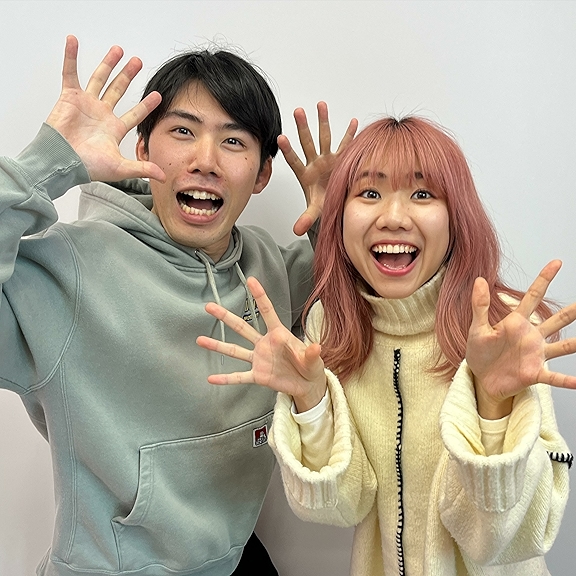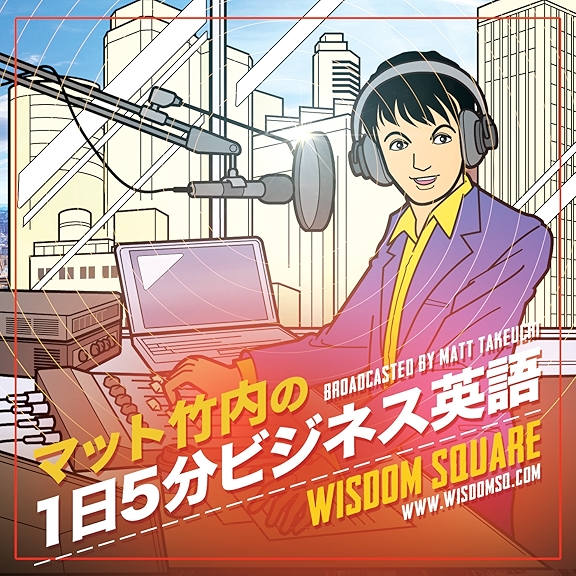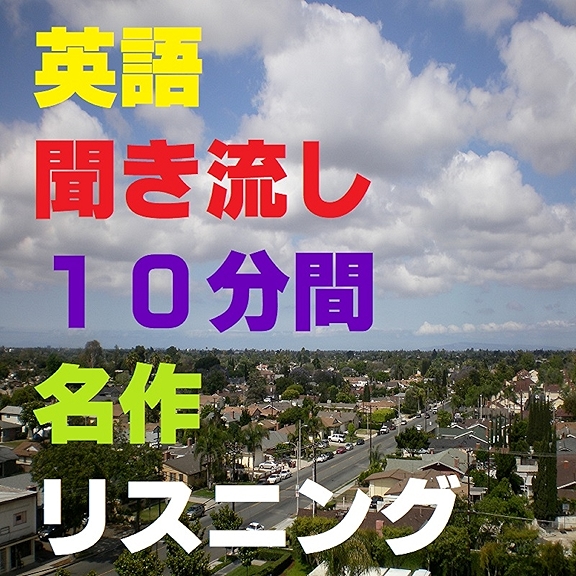
S1E138 - A Different Shade of Justice: Asian American Civil Rights in the South with Stephanie Hinnershitz
Episode Notes
A key part of Memphis history is its role in the Civil Rights Movement, particularly with the Sanitation Workers Strike that brought Dr. Martin Luther King Jr to Memphis and his untimely death. Like the city itself, the story of Civil Rights activism is often presented through a Black-White lens. Yet, Asians and Asian Americans have been in the South since at least the late 1700s and in Memphis since the late 1800s. How then do Asian Americans fit into the history of civil rights? And how does knowing that history then change how we think about race, rights, Asian Americans, and the South? To answer these questions and more, today I’m joined by Dr. Stephanie Hinnershitz, author of A Different Shade of Justice: Asian American Civil Rights in the South. She shares some of the complexities of Asian American legal cases during the 1880s to late twentieth century and reflects on some of the cases that didn’t make it into the book but still offer important insights into civil rights. Dr. Stephanie Hinnershitz is an Assistant Professor of Security and Military Studies at the Air Command and Staff College at Maxwell Air Force Base in Alabama. She is the author of Race, Religion, and Civil Rights: Asian Students on the West Coast, 1900-1968 (Rutgers University Press), A Different Shade of Justice: Asian American Civil Rights in the South (UNC Press), which won the Silver Nautilus Award for Journalism and Investigative Reporting, and Japanese American Incarceration: The Camps and Coerced Labor in World War II (University of Pennsylvania Press), which won the Philip Taft Labor History Award from the Labor and Working Class History Association and Cornell University Labor Relations School.




















